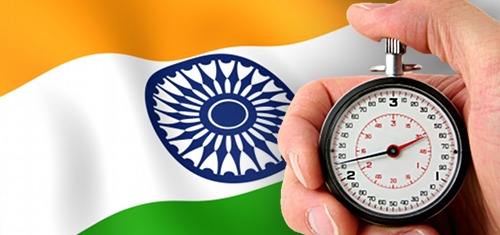 The Indian state of Maharashtra has been told it has six months in which to decide whether or not to permit casino gambling within its borders.
The Indian state of Maharashtra has been told it has six months in which to decide whether or not to permit casino gambling within its borders.
Last month, the Bombay High Court gave the Maharashtra government one month to respond to a public interest litigation (PIL) filed by Jay Sayta, a law student who’d accidentally discovered a 38-year-old statute that permitted casino gambling in the state, which includes the bustling metropolis of Mumbai.
The Maharashtra Casinos (Control and Tax) Act had been approved in 1976 but was never notified and was apparently put on a shelf and forgotten. After Sayta discovered the Act, he wrote to the current chief minister, requesting that the Act be notified. Sayta’s letter received no response, leading to his PIL filing, which charged the executive branch with failing – via executive oversight or inaction – to implement the will of the elected legislature.
On Friday, the Bombay High Court directed the government to make a decision on whether or not to implement the Act within a “reasonable” time. The Court acknowledged that it is up to the government to decide whether or not to implement the Act but, should the state fail to announce a decision within the allotted time, Sayta could file a fresh petition charging the government with contempt.
The government has yet to tip its hand as to what decision it will make. Only three Indian states – Goa, Daman and Sikkim – currently permit casino gambling, but international casino operators would most definitely be interested in setting up shop in Mumbai, which has the highest concentration of millionaires and billionaires of any city in Asia.
Meanwhile, on the other side of the country, the state of Arunachal Pradesh has become the ninth Indian state to launch lottery operations. Maharashtra is among the lottery-friendly states, so the state isn’t entirely virgin territory when it comes to gambling. Regardless, we’ll know the fate of Sayta’s legal gambit by early April at the latest.
